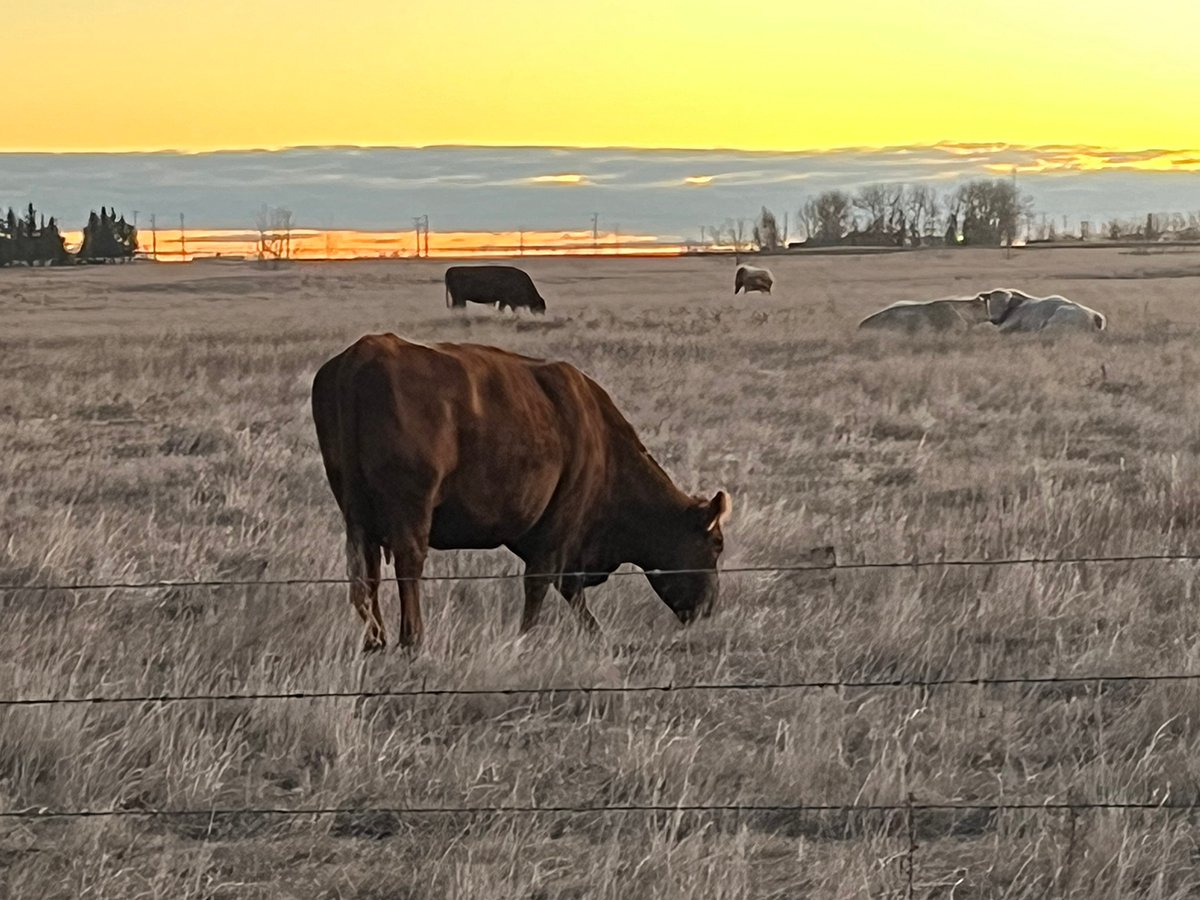The 1939 legislation was designed to reduce injuries during marketing, but pooled genetics and dehorning practices have improved
The Saskatchewan government is repealing legislation that penalized producers who sent horned cattle to market and is now looking to industry for an alternative solution.
The Horned Cattle Purchases Repeal Act is at the second reading stage in the legislature.
It will repeal 1939 legislation that was intended to reduce the number of cattle with horns going to market as a way to lower the risk of injury to other cattle and people during transport. The penalty was $1 per head until 1949, when it increased to $2.
Agriculture Minister Lyle Stewart said 19 percent of cattle marketed at that time had horns and were subject to the penalty.
Read Also

Animal protection delivery to change in Saskatchewan
The Saskatchewan government is looking for a new agency to handle animal welfare after Animal Protection Services of Saskatchewan decided not to renew its contract next year.
“It was noted in the 1949-50 agricultural annual report that little improvement had been made in reducing the number of cattle marketed with horns since the act came into force,” he said during debate.
In fact, nearly 180,000 head were discounted in 1977 and 1978.
However, the numbers now range from 15,000 to 17,000 per year, or 1.5 percent of marketings, because of polled genetics, the market and better dehorning by producers, Stewart said.
He also said the beef code of practice now means the legislation isn’t required.
“Alberta and Manitoba both repealed similar legislation several years ago,” he said.
“In fact, British Columbia is the only other province with horned cattle legislation at this time.”
A 2002 amendment increased the Saskatchewan penalty to $10, but that act was never proclaimed.
More recently, cattle organizations have debated whether the amendment should be enforced or the legislation scrapped.
Some producers said inspectors weren’t penalizing producers for cattle with visible horns and that the Horned Cattle Trust Fund had dwindled to the point that it cost too much to administer.
Others said there must be a deterrent , even if it was a small fine.
Stewart said officials met with the industry in April, and while some had concerns, most agreed a new approach was needed.
Repealing the existing act is the first step, and the ministry will work with the industry on options.
“The Saskatchewan Cattlemen’s Association, for example, has already requested information related to administration costs and is prepared to lead industry discussions around penalizing horned cattle,” Stewart said.
“If the cattle sector decides that producers marketing horned cattle need to be penalized, then we will work with them to develop an industry-led solution.”















